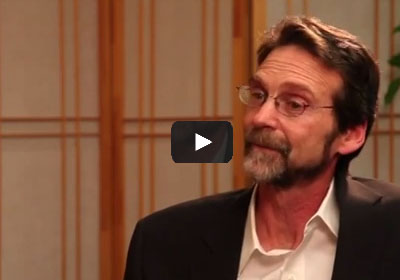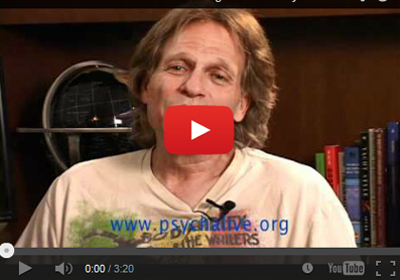Defense Mechanisms
…h us the best way to get our needs met. As neuropsychologist and author of Parenting from the Inside Out, Dr. Daniel Siegel puts it, “From the moment we are born we must work for a living.” A mother who doesn’t respond to our cries can teach us that staying quiet is the ideal strategy to get her to care for us. A father who is intermittently available, sometimes dousing us with affection and other times disappearing, teaches us we need to cling to…
Learn More








